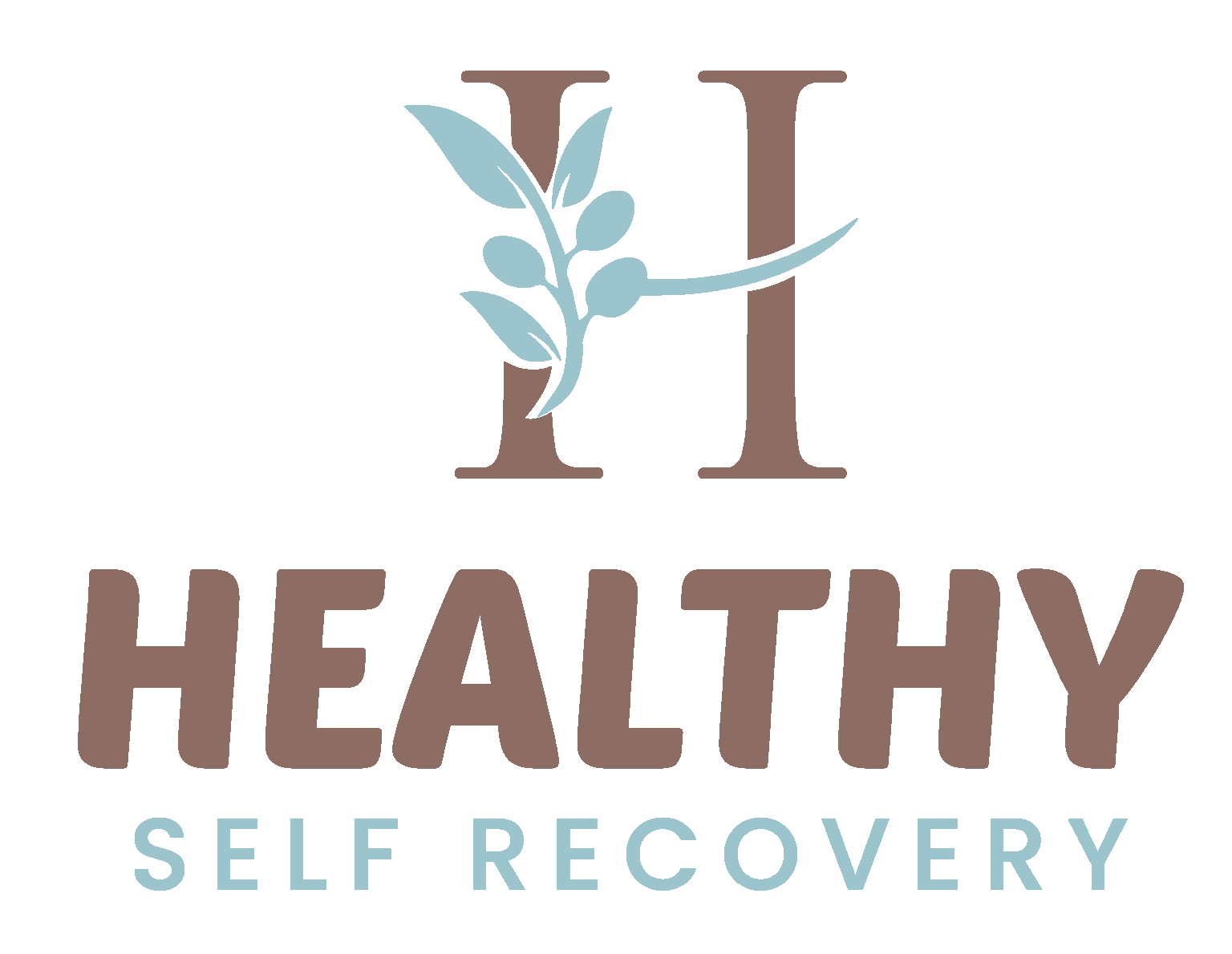If you have been struggling with anorexia and have reached a point where you know things need to change, but still feel stuck or helpless, you might have come across the idea of eating disorder recovery coaching. Maybe it sounds like something that could help, but you are unsure what actually happens in a session, or how this kind of support works week after week. I want to share what you can expect, based on my own experience as a certified recovery coach and the training I received through the Carolyn Costin Institute, which is widely recognised as a leader in recovery coaching.

Eating Disorder Recovery Coaching Addresses Your Current Issues
A key difference when working with a coach is that our focus is on what you are experiencing right now, and how your eating disorder is showing up in your daily life. My role as a certified coach is not to explore why your eating disorder developed, but to help you with the challenges you are facing in the present. Together, we look at a range of issues that are relevant to you, such as:
- Exploring and breaking down rigid food rules and experimenting with new foods (yes, even those “fear foods”)
- Recognising cognitive distortions, which are those negative thoughts the eating disorder often feeds you, and learning how to notice and gently reframe them
- Exploring and practicing strategies that can truly help you manage anxiety and distress before, during, and after eating
- Building up your motivation for recovery and reconnecting with the vision for the life you want beyond the eating disorder
- Finding ways to gently reintroduce activities and interests, especially as eating disorders can make your world feel much smaller
- Learning how to reach out to others for support, rather than turning inward with your eating disorder
- Building self-compassion and exploring how self-criticism may not actually help you move forward, even if it feels familiar
- Looking at how your eating disorder might be affecting other areas of your life
What Does a Typical Eating Disorder Recovery Coaching Session Look Like? Week-to-Week Support: Accountability, Motivation, and More
Coaching sessions are always personal, because everyone’s experience with an eating disorder is unique. There is a general rhythm I follow, though. I start by checking in with you: How has your week been? What went well? Or what felt difficult? What are you proud of? These questions are not just small talk. They help me ground our session in your real experiences and make sure we focus on what matters most to you.
From there, we usually find a topic that feels important to focus on that week. Maybe you are finding a particular meal difficult, or you have noticed a food rule that still feels impossible to let go of, or perhaps something happened at work that set off a wave of difficult thoughts and eating disorder behaviours. My role as your eating disorder recovery coach is to offer a safe, supportive space where you can explore these thoughts, rules, and triggers with compassion, and begin to get curious about them so you can gently start to loosen the eating disorder’s hold.

Finding Focus and Building Momentum in Your Anoriexia Recovery
Coaching is action-based, so each week we choose a goal together that feels meaningful for you. Setting goals is always a collaborative process. I am not here to judge or push you. I have been in your shoes, and I know that pressure only makes things harder.
Weekly goals might include introducing a snack, challenging a food rule, journaling about a difficult thought, or taking a step back from exercise.
Between sessions, you can reach out to me anytime via messaging. This helps you stay connected to the goals we set, and means you have compassionate support available in the moments that feel most challenging.
When we meet again for your next coaching session, we reflect together on what worked, what didn’t, and what might need to change. This ongoing process helps you stay motivated and moving forward, and most importantly, it means you are not facing the hardest parts of recovery—like food—on your own.
As you move forward in recovery, our sessions may start to focus more on building your life beyond anorexia—rediscovering your identity, reconnecting with interests, strengthening relationships, and imagining a future that feels meaningful to you.
The Bottom Line
Working with a recovery coach at Healthy Self Recovery means having someone in your corner who truly understands the complexity of eating disorders and is committed to supporting your unique journey. Week by week, you will build skills, healthy habits, courage, and hope, one step at a time.
If you are curious about what this kind of support could look like for you, remember that recovery is not a straight line, and you do not have to do it alone.
Recovery, and how you choose to approach it, is always your choice. I am here to walk alongside you, to make the journey less lonely, to help you explore new perspectives, and to celebrate every victory, no matter how small.

Take the Next Step Towards Healing with Anorexia Eating Disorder Recovery Coaching in England and the rest of the UK
If you’re ready to start reclaiming your life from anorexia, compassionate eating disorder recovery coaching in England can help you build structure, confidence, and hope. At Healthy Self Recovery, we provide personalized guidance and weekly support designed around your unique needs. Reach out today to explore how coaching can help you take small, meaningful steps toward lasting recovery. Follow these three simple steps to get started:
- Reach out to book a free discovery call
- Begin working with a compassionate British eating disorder recovery coach
- Start taking the next step toward healing with anorexia!
Additional Services Offered at Healthy Self Recovery
At Healthy Self Recovery, I work as an Anorexia Nervosa Recovery coach, guiding you through each stage of healing and helping you create lasting, meaningful change. My approach includes tailored eating disorder recovery coaching sessions that focus on the thoughts, feelings, and behaviors connected to your eating disorder, alongside support specifically designed for anorexia recovery, including text check-ins for moments when you need extra encouragement or accountability. Recovery can feel lonely, but I aim to provide steady, compassionate support so you feel understood and not alone. I also offer meal support sessions to help you safely challenge food rules and build practical skills, while coordinating with your medical team to make sure your recovery plan fits your treatment goals. Together, we’ll craft a plan designed around your unique needs, empowering you to step into a life of confidence, freedom, and fulfillment beyond your eating disorder.
I work with clients online across England, the UK, and beyond, offering flexible, personalised coaching that fits your life. Together, we’ll strengthen your sense of self, nurture healthier habits, and create a more peaceful relationship with food.
About The Author
Marianna Miles, CCIEDC 2061, is a Registered Nutritionist (Dip ION) and a Certified Eating Disorder Recovery Coach. Drawing on professional training from the Carolyn Costin Institute as well as her own personal recovery experience, Marianna provides empathetic, practical guidance to clients both across the UK and internationally. Her coaching helps individuals reconnect with their bodies, restore balance, and develop lasting freedom around food and self-care.








